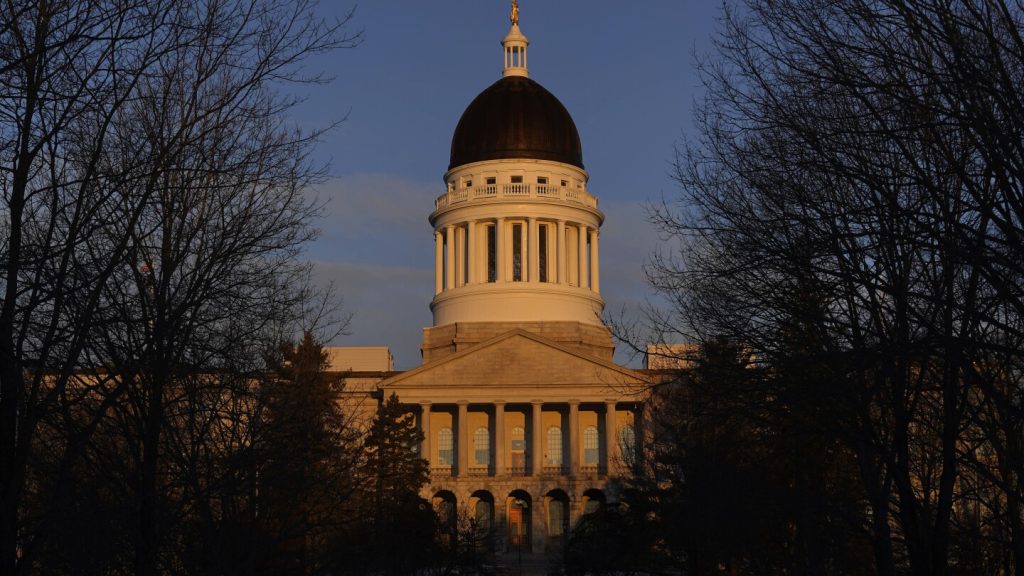Maine lawmakers sustained vetoes of bills to institute a minimum wage for farm workers and to ban bump stocks as they addressed unfinished business including late spending proposals. The governor’s vetoes on various bills, such as higher income tax for wealthy Mainers and ending a “three strikes” law on thefts, were upheld. Lawmakers were expected to address new spending proposals, which included funding for free health clinics, African American and Wabanaki studies in schools, and a civil rights unit in the attorney general’s office. The total impact of the proposed new spending was more than $33 million, leading the governor to warn that it could push the state budget to the breaking point.
The governor expressed concerns about budget gimmicks used by the appropriations committee, such as stripping fiscal notes and raiding special revenue accounts to spend more. Republican leaders accused Democrats of reckless spending, warning that it could lead to a deficit in the future. Despite the failures of the farm worker minimum wage bill and the bump stocks ban, the governor signed several other gun safety bills, including background checks on private gun sales and criminalizing gun sales to prohibited individuals. She also allowed the legislation creating waiting periods for gun purchases to become law without her signature.
The unsuccessful attempt to override the governor’s vetoes on the gun bill and the farmworkers’ minimum wage bill highlighted the divide between lawmakers on these issues. The governor’s objections to the farm worker minimum wage bill centered on a provision allowing workers to sue their employers, while her concerns about the bump stocks ban bill were related to its broad and ambiguous language. The proposed spending bills aimed to address various needs in the state, such as providing relief for blueberry growers, free entry to state parks for Indigenous people, and funding for health clinics and educational programs.
Despite the sustained vetoes and concerns about potential budget constraints, lawmakers continued to work late into the night to address the remaining spending proposals. The total impact of the proposed new spending was significant, with the Department of Administrative and Financial Services estimating it to be more than $33 million. The governor’s warnings about budget gimmicks and the potential consequences of reckless spending by Democrats underscored the challenges facing Maine’s budget and the need for careful consideration of future financial decisions.


